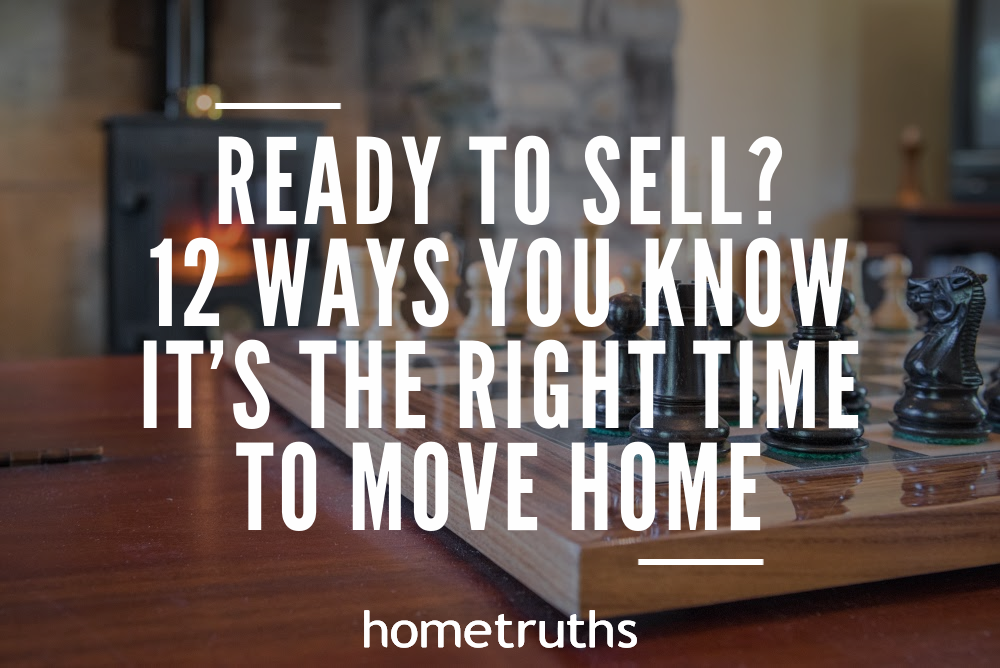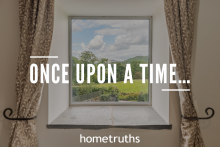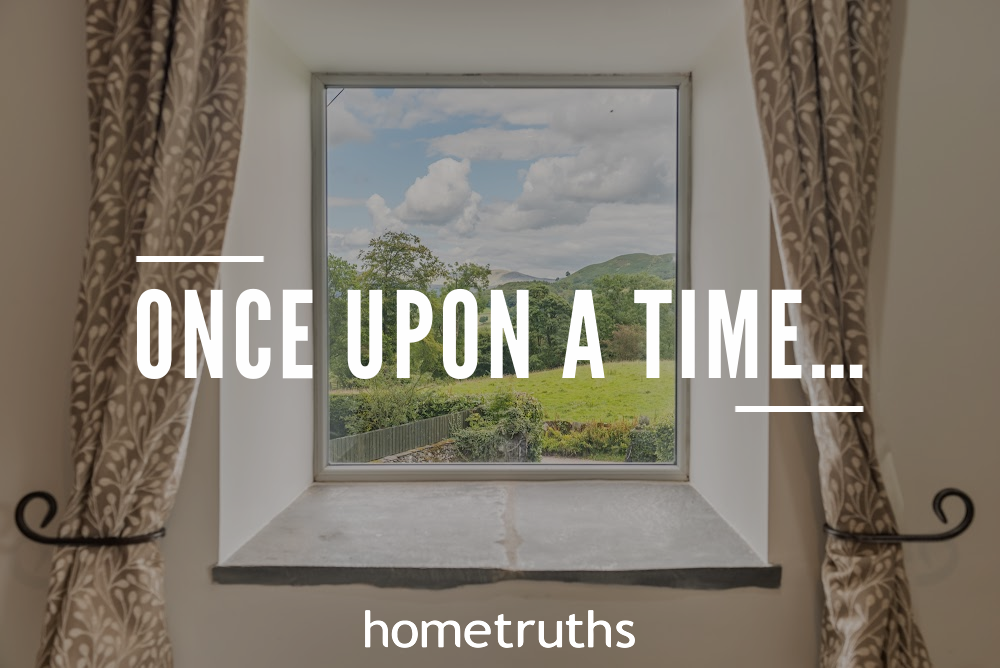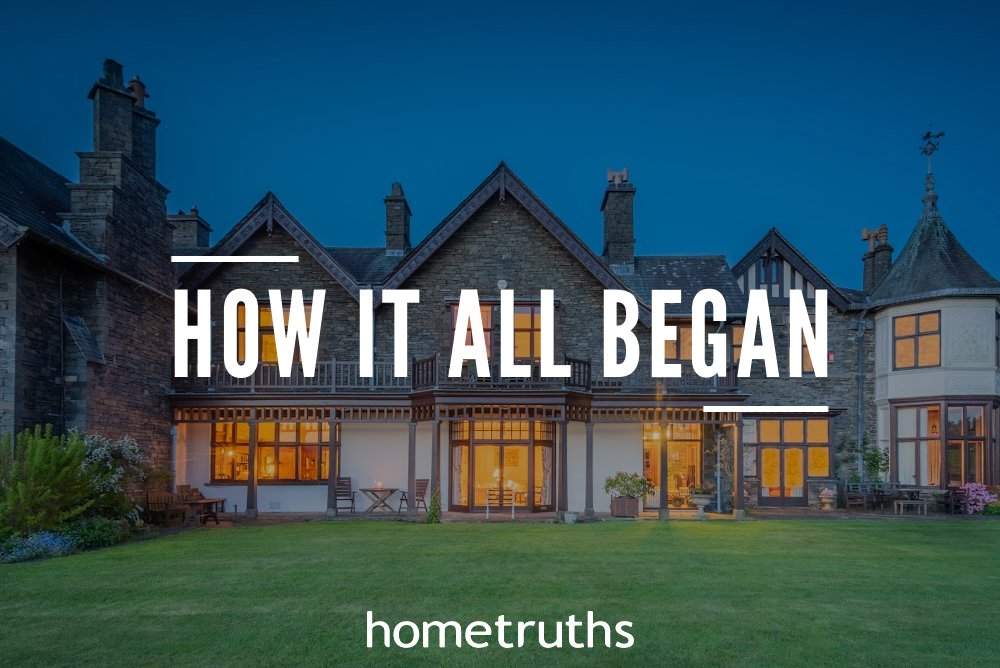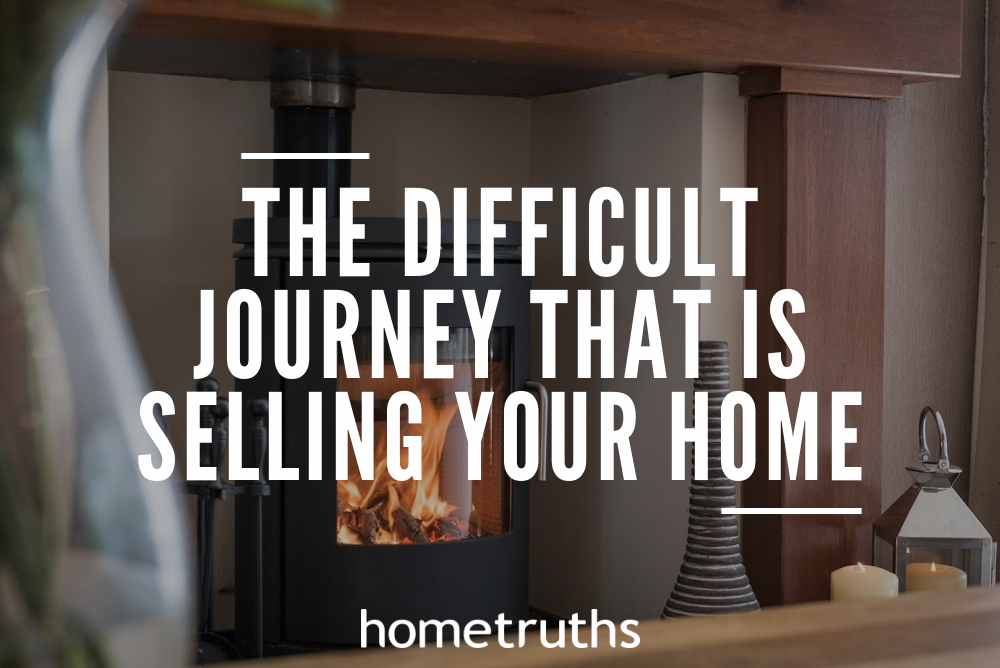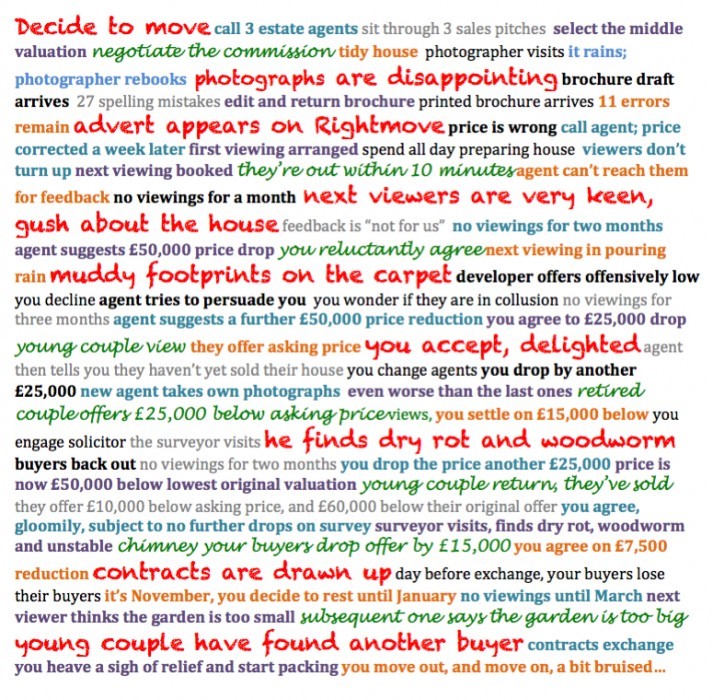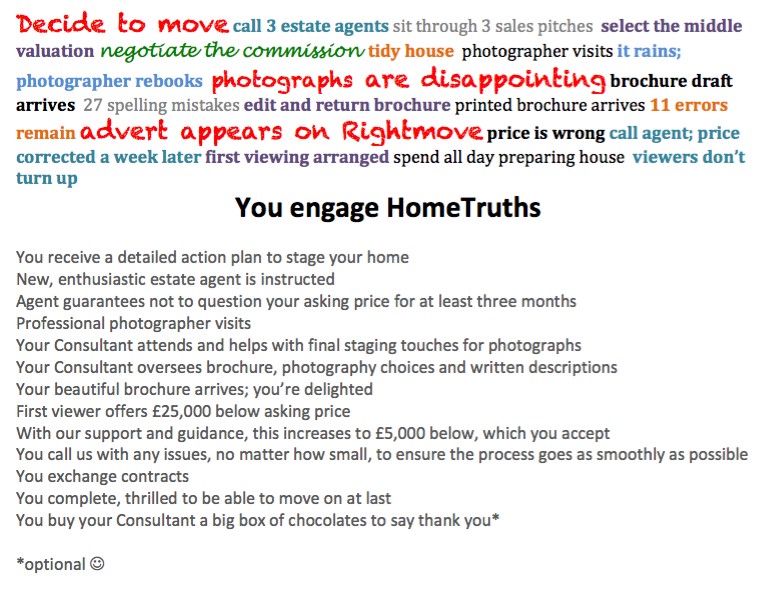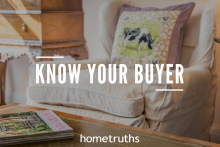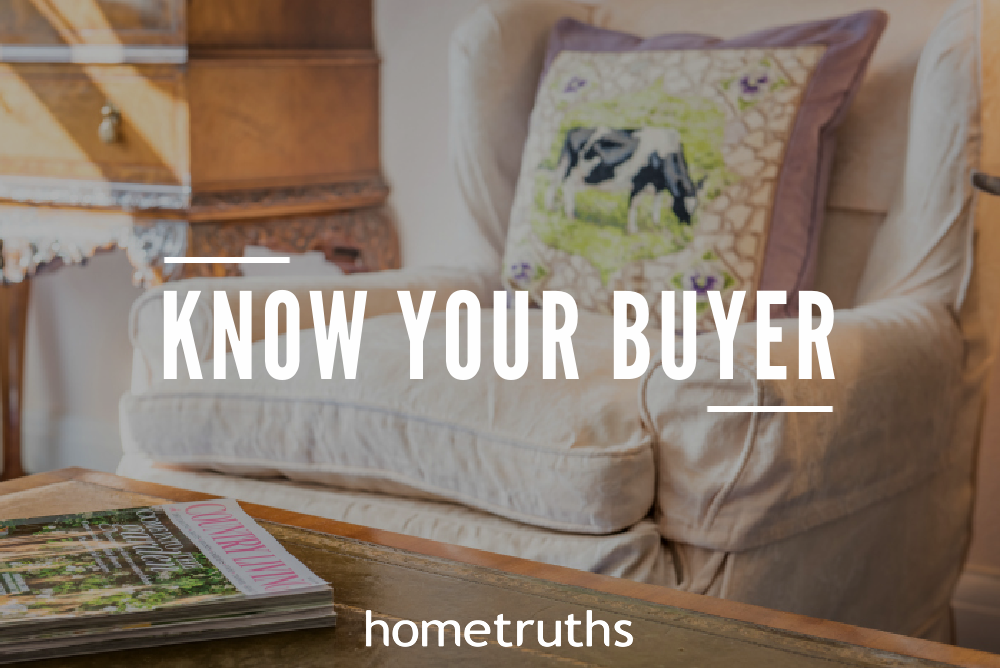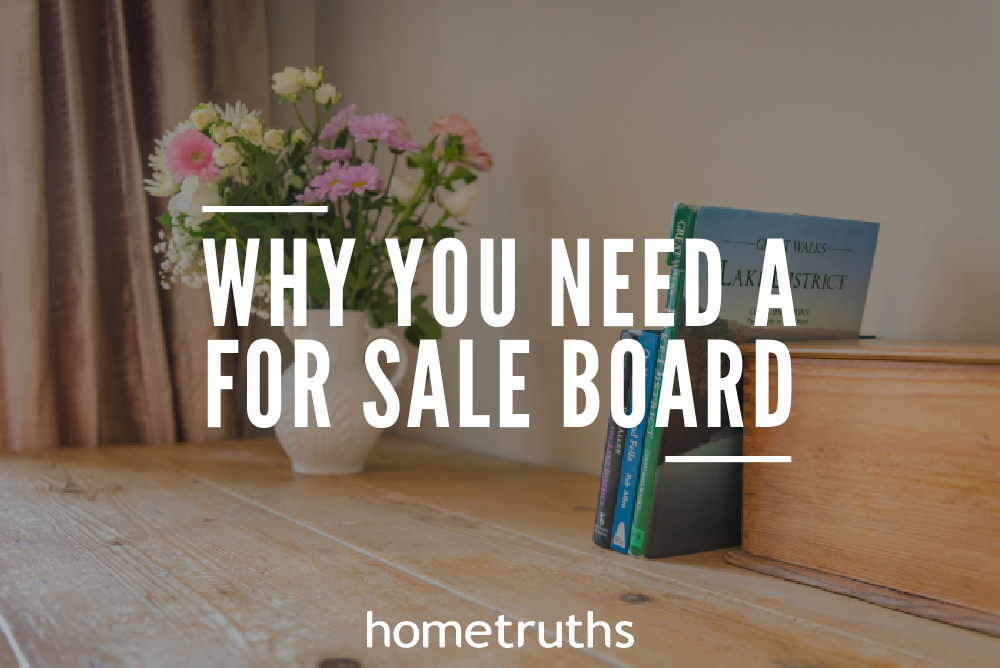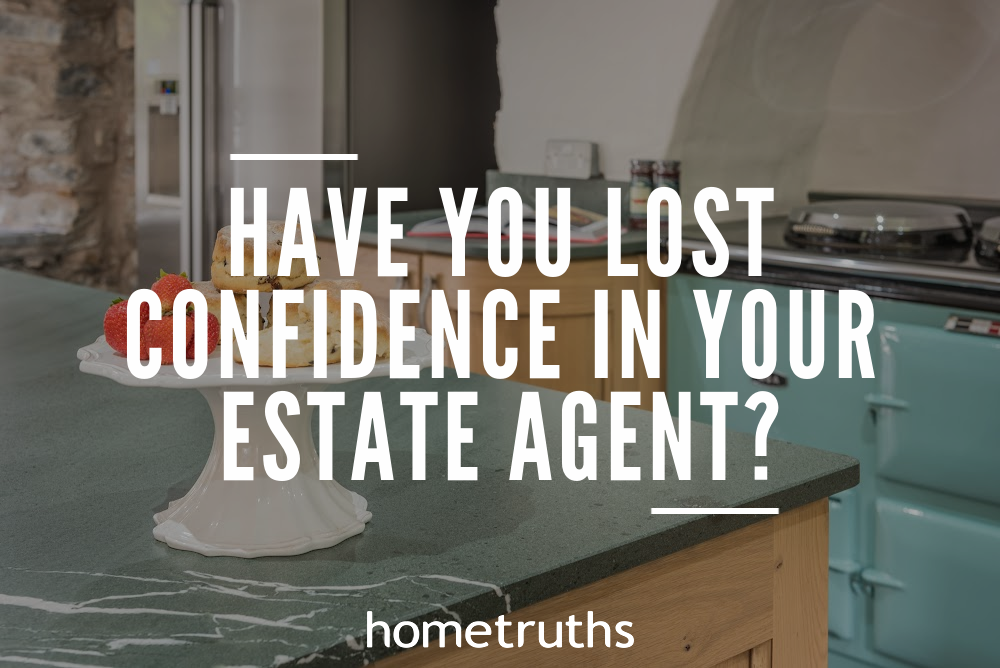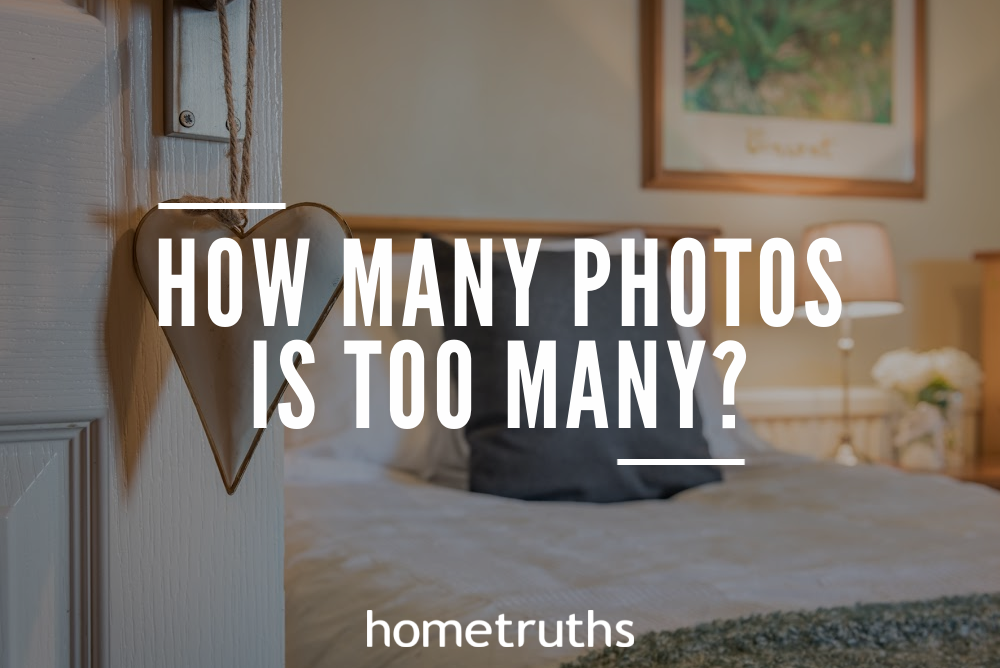Are you thinking about moving house? Is your current home too big, too small, or just not quite right for you and your family? Maybe it’s a job move you’re considering, or you want to be closer to someone special.
Moving home is usually a complex decision, one that most people take a while to make.
Whatever your reason for moving house, your discussions about whether to stay or go will centre on costs, feasibility, timescales and return on your investment. And then of course there’s the emotional factor; perhaps you feel attached to your home, and it’ll be a wrench to leave it.
Some people (like me) thrive on moving home. Loving the thrill of packing up and starting a new chapter in a new home, and sometimes new place, is exciting. Others feel it’s a bit of a hassle, and can be tempted to overstay their welcome in their current home to avoid it.
Having worked with thousands of homeowners, I’ve distilled their many reasons for moving into these top twelve:
1. Money
Taking a good look at your current expenses is a first step when you’re considering a move. Yes, you may be able to extend, convert or add to your current home to fit your future needs, but will you see a return on your investment when it’s time to sell? Now is the time to examine your finances – try breaking down your options on a spreadsheet – and work out which is the best way forward for you and your wallet.
2. You’ve outgrown your storage space
There’s only so much de-cluttering and sorting you can do to make your storage fit your needs. At some point, you start to realise that your current space just isn’t working for you any more. If your cupboards, under beds and cubbyholes are full to bursting, and in danger of exploding every time you open a door, it may be time to accept you just need more space.
3. Your family is expanding
Maybe when you moved into your current home you were child-free, or you had just one tiny baby. But now a few years on, has your brood expanded? Maybe pets too? Moving to a bigger home may be the next logical step. Aside from needing more space, (bikes, toys, games kit, all takes up so much space) aspects you may have overlooked before — like good school catchment areas and local parks— may be a priority for you now.
4. Empty nester?
If however, you’re now or soon to be an empty nester, why waste money on space you don’t need? If it’s just you and your other half now, or perhaps just you, why not downsize to a smaller home or apartment to save not only on your mortgage but also on utilities, repairs, cleaning time, and more?
5. You have a dream your current place won’t support
Thinking of a change of lifestyle that will require extra space? Maybe you’d like to indulge in a hobby, go freelance or simply start working from home more. If your current home doesn’t allow for the extra space, perhaps it’s time to find one that will accommodate a home office, studio space or whatever your new life chapter needs.
6. You’re ready for a new challenge
If you have spent a lot of time, effort and money on making your current home just right, it can be hard to walk away from it. But what if you’re just bored, and want to start again, putting your stamp on a new place? Maybe in hindsight you would have chosen a different kitchen, a bolder flooring, but it’s too expensive – and new – to replace? Moving to a new home and having a new blank slate to put your own creative mark on can be really exciting.
7. You’ve started cooking at home more
If you can’t get enough of MasterChef and Great British Bake-off, and your current kitchen is limiting your creative cooking, then perhaps moving to a home with a spacious, state-of-the-art kitchen would seem like a dream come true. All those big, shiny surfaces, built in appliances, space to move around…. culinary heaven.
8. Your children don’t invite their friends over
Are your children always going to their friends’ houses, but never invite them back home? Maybe Jack has more room, Rosie’s home has a den, and Ethan’s house has a massive garden with a tree house. Pester power can really make you think about your current home and whether it has everything the whole family needs.
9. You’re sick of sharing a bathroom
Do you crave a candlelit bath with a book, uninterrupted by someone needing the loo? Sick of there being no clean, dry towels left for your shower? You definitely need an ensuite. A space just for mum and dad (but mostly mum) to have some peace and quiet pamper time. Think of it – your own loo, clean hung towels, no empty toiletries’ containers. Bliss.
10. You’re not sure what interest rates are doing
With interest rates at rock-bottom, the only way is up. If you have an amazing mortgage deal, perhaps you’re reluctant to give it up, even if you really do need a bigger home. Whilst it’s true that interest rates are almost certainly set to rise, albeit moderately, the reality is that you can’t control all the factors. So if you’ve outgrown or just aren’t happy with your current home, there’s no reason not to at least explore your options. You might be surprised at what you can afford if you’ve built up enough equity in your current home.
11. You really want to cut the commute
Commuting to and from work can take hours out of your week. Just think, you could be doing much more important things, like spending time with your family, indulging in your hobby and just enjoying some quality after-work time.
Whether you’re starting a new job or keeping your current one, moving closer to work has a lot of benefits.
12. You’ve found love
Meeting that special someone doesn’t necessarily mean it’s suddenly time to pack up and move in. But if you’re seriously considering a permanent commitment, buying a new home you can enjoy together is the next logical step. And house hunting as a loved-up couple is just so romantic!
So, do any of these top twelve reasons for moving fit your move? Or do you have an entirely different motivation for wanting a new home? Drop me a line and let me know; I’d love to hear your moving story.
If you’d like my help to sell your home more effectively, please answer a few short questions here and if I think I can help you, I’ll be in touch.


